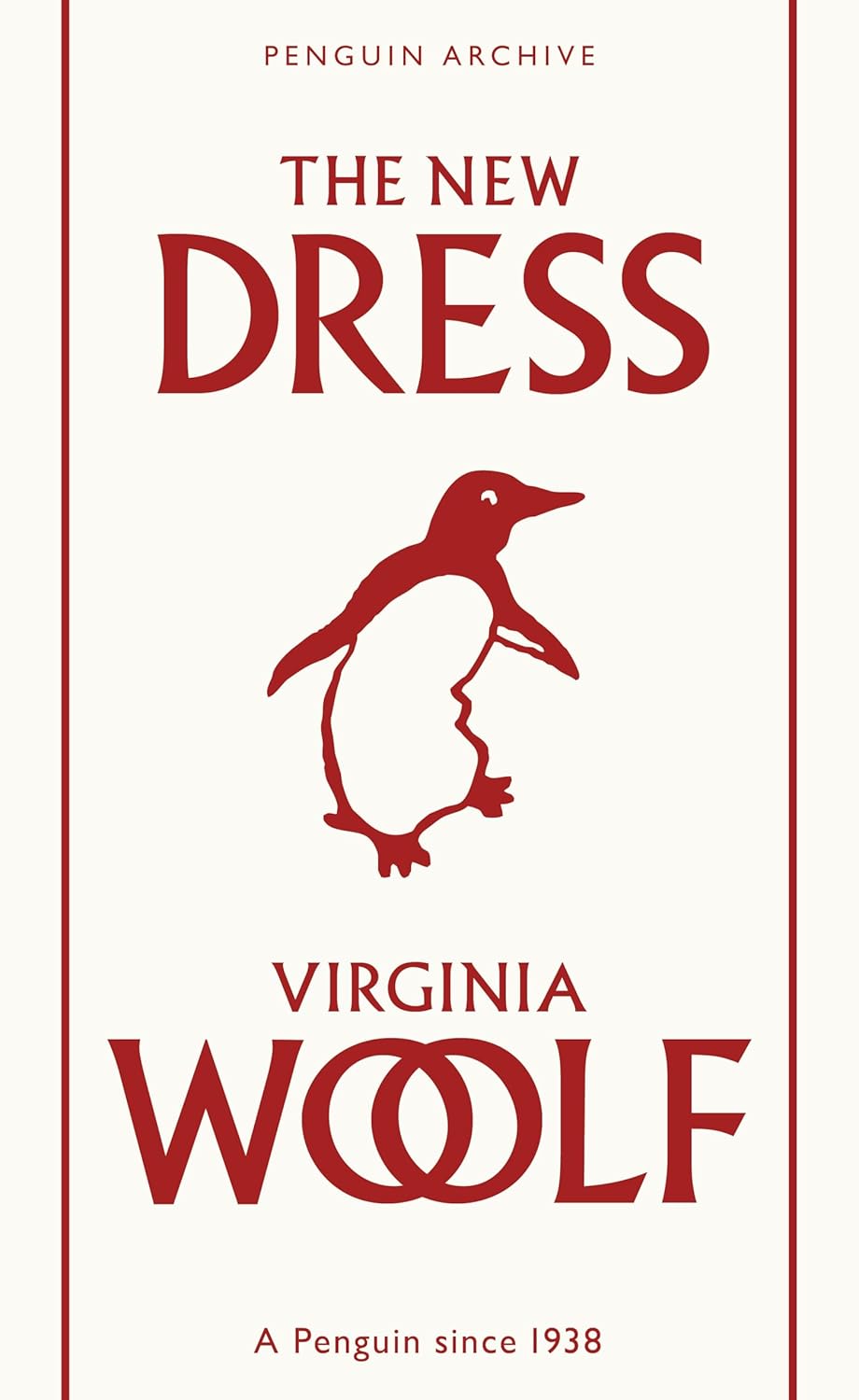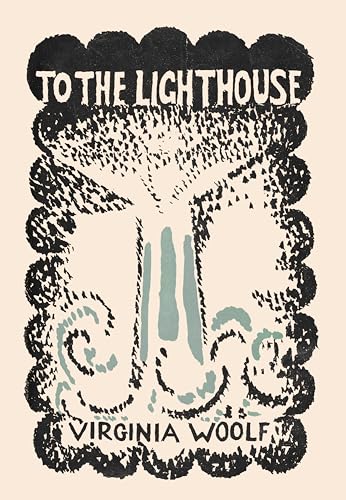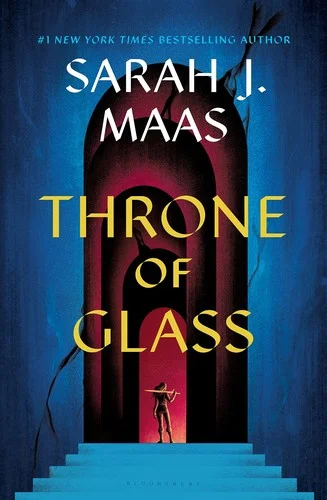Virginia Woolf's Orlando is a groundbreaking novel that transcends the boundaries of time, gender, and identity. Spanning over three centuries, it follows the life of its titular character, Orlando, who begins as a young nobleman in the Elizabethan era and undergoes a remarkable transformation into a woman in the 20th century. Woolf masterfully explores themes of fluidity in gender and the nature of self, challenging societal norms and expectations. Through a rich tapestry of historical and literary references, Orlando invites readers to reflect on the complexities of identity and the passage of time, all while maintaining a playful and innovative narrative style. This novel not only serves as a profound commentary on the roles of gender and sexuality but also celebrates the liberating power of creativity and self-expression.
Virginia Woolf
Virginia Woolf was a prominent English writer and modernist literary figure. Known for her stream-of-consciousness writing style, she challenged traditional narrative structures and explored themes of gender, class, and mental health in her works. Some of her most notable works include "Mrs. Dalloway," "To the Lighthouse," and "Orlando." Woolf's contributions to literature include her innovative approach to character development and narrative technique, as well as her exploration of the inner lives of her characters. Her most famous work, "Mrs. Dalloway," is considered a masterpiece of modernist literature and a reflection of Woolf's unique literary voice. Woolf's impact on the literary genre is undeniable, as she paved the way for future generations of writers to experiment with form and style in their own works.








